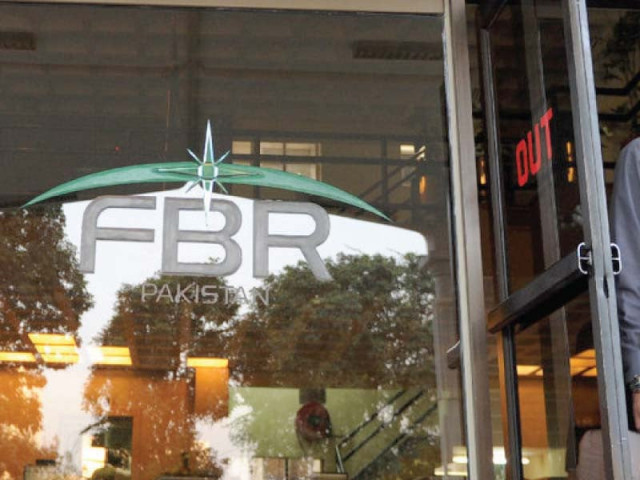FBR overhaul row may end soon
Prospects of sending summary for cabinet’s approval suddenly increase

The establishment on Saturday intervened in a dispute between Finance Minister Dr Shamshad Akhtar and the Inland Revenue Service (IRS), increasing prospects of ending the gridlock over the overhauling of the Federal Board of Revenue (FBR).
The interim finance minister and a team of the FBR met with representatives of the establishment, according to officials privy to the development.
Following that meeting, back-to-back meetings were held in the FBR headquarters and the Q-block, according to officials.
They said that prospects of sending a summary to the federal cabinet for approval of the FBR restructuring had suddenly increased. Both sides were also instructed to avoid washing their linens in public and sort out issues amicably, said the officials.
FBR chairman, being the Revenue Division secretary, was reluctant to process a summary drafted by the finance minister by ignoring most of his concerns over the restructuring.
The FBR chairman insisted on implementing the restructuring plan that had originally been agreed among all stakeholders in December. The original plan was subsequently changed by the finance minister, they added.
Officials said that after the meeting a new version of the summary was prepared and shared with the finance minister for her endorsement. The minister cancelled her Karachi visit to attend the meeting with the establishment’s representative.
The FBR chairman on Wednesday informed the Senate Standing Committee on Finance that the proposed restructuring could not be implemented without bringing about 1,000 legal changes and it would disintegrate the FBR into six or seven entities.
A day later, Shamshad Akhtar also went public with her grievances and said that the FBR was giving her a hard time over restructuring efforts.
Read Finance minister, IRS at stalemate over FBR overhaul
On January 3, the Special Investment Facilitation Council (SIFC) approved a proposal for the restructuring of tax administration. However, the SIFC requested the finance minister to hold inter-ministerial consultations, as required under the Rules of Business, 1973, and then submit a summary to the cabinet within two weeks.
Sources said that the FBR chairman informed the establishment representatives that the IRS was not against the restructuring. His views were that the oversight boards of the new Federal Board of Customs and the Federal Board of Inland Revenue should be headed by the Revenue Division Secretary. The finance minister was of the view that the oversight boards should be headed by independent experts from the private sector.
It emerged from Saturday’s meeting that there would be two separate boards with financial autonomy. Customs officials were still having reservations about another proposal of declaring the Customs as a withholding agent for the collection of taxes at the import stage.
The Customs insisted that the import-stage collection should be its responsibility and the IRS should not have any role in it. The functions of valuation of properties and imported goods would be jointly performed by both the services with equal representation in decision-making.
After an agreement between the finance minister and the IRS, a summary may be submitted to the cabinet for approval of the restructuring. Once approved, the interim government may have to promulgate a presidential ordinance to give effect to the restructuring plan, said the sources.
They added that the finance minister wanted to implement the new restructuring plan through the ordinance by January 30.
Published in The Express Tribune, January 21th, 2024.
Like Business on Facebook, follow @TribuneBiz on Twitter to stay informed and join in the conversation.



















COMMENTS
Comments are moderated and generally will be posted if they are on-topic and not abusive.
For more information, please see our Comments FAQ